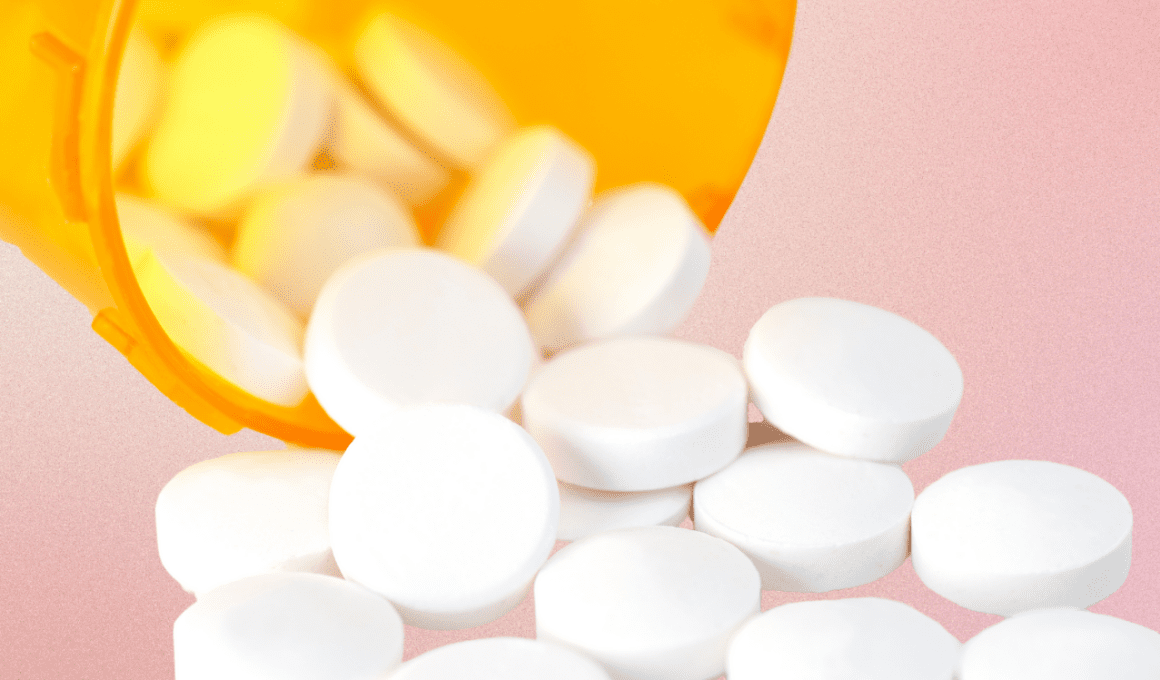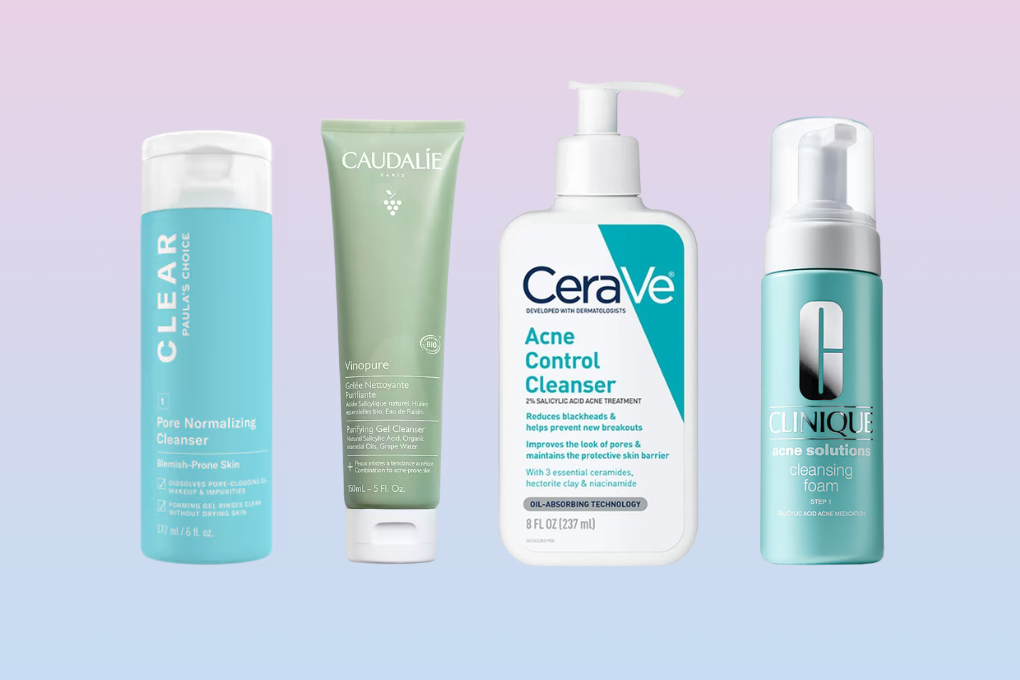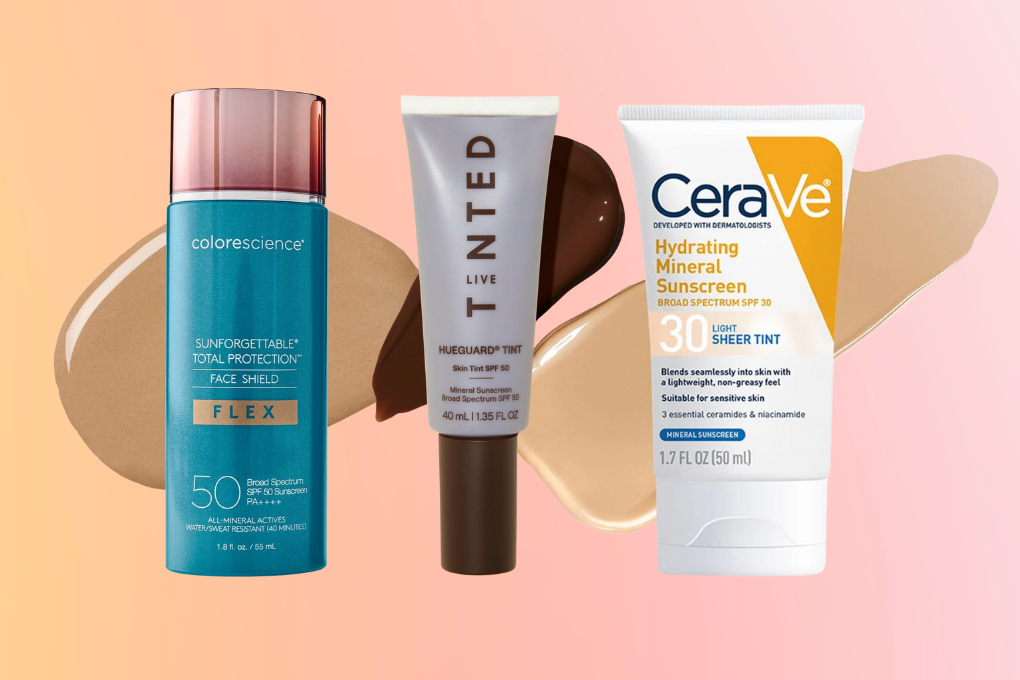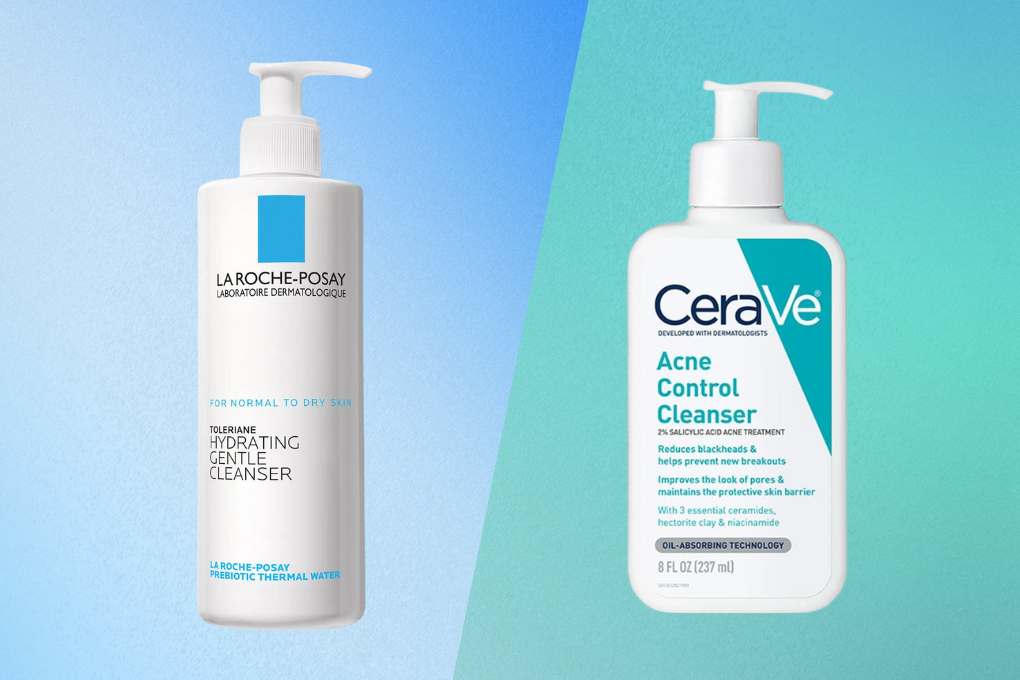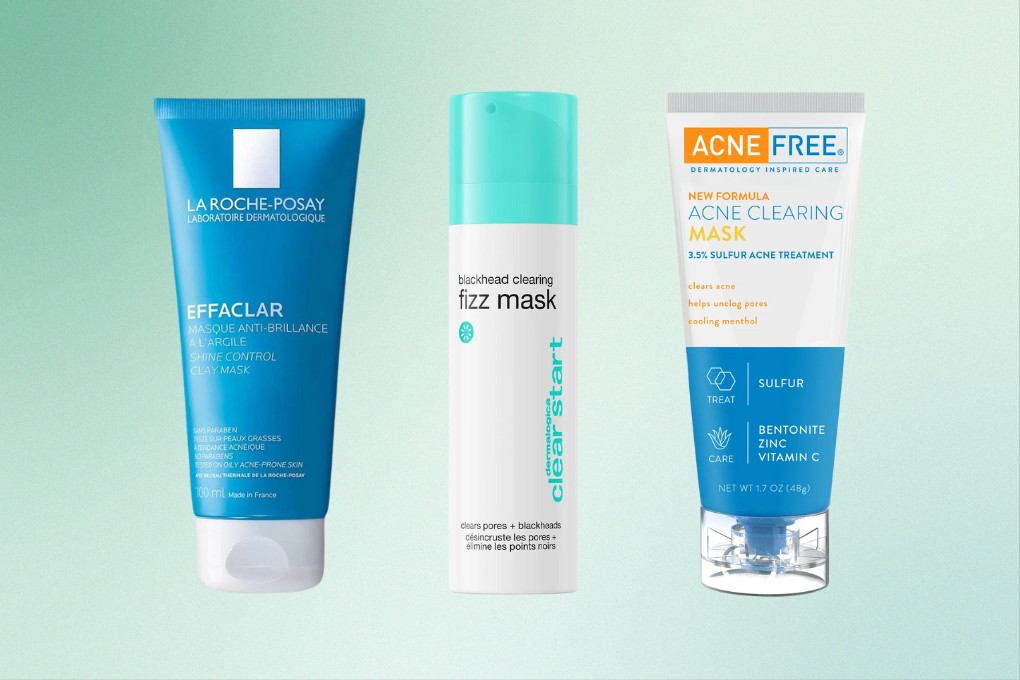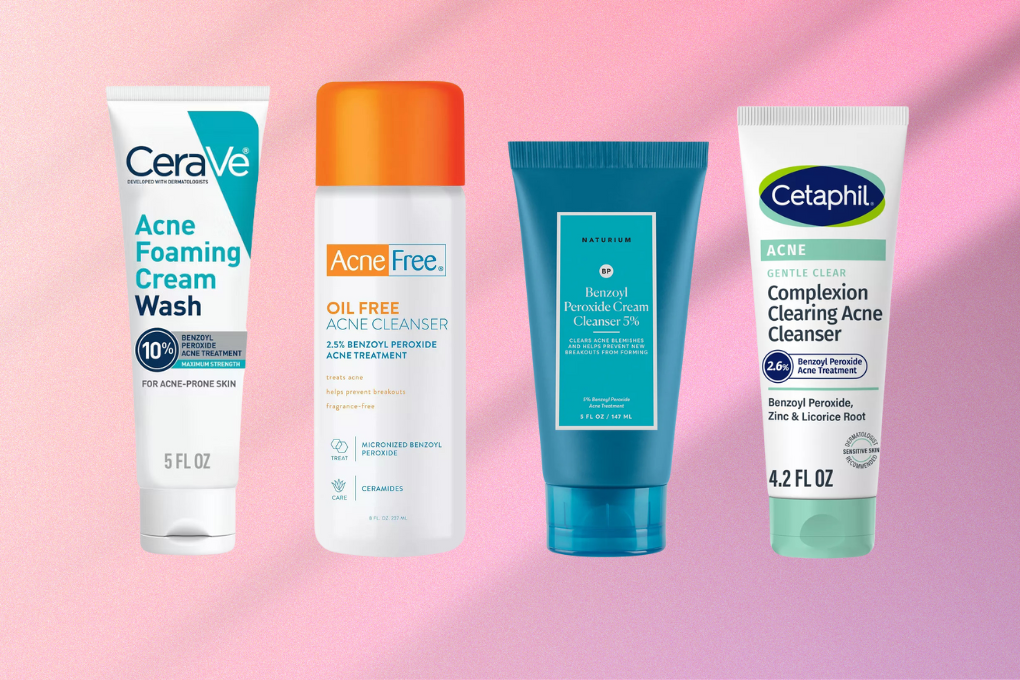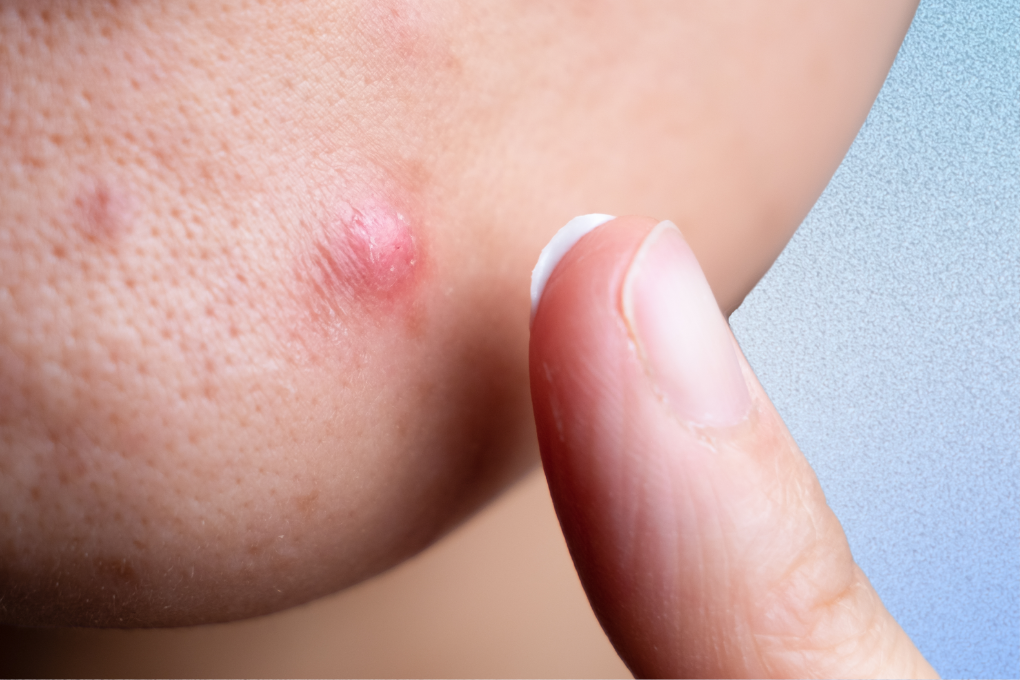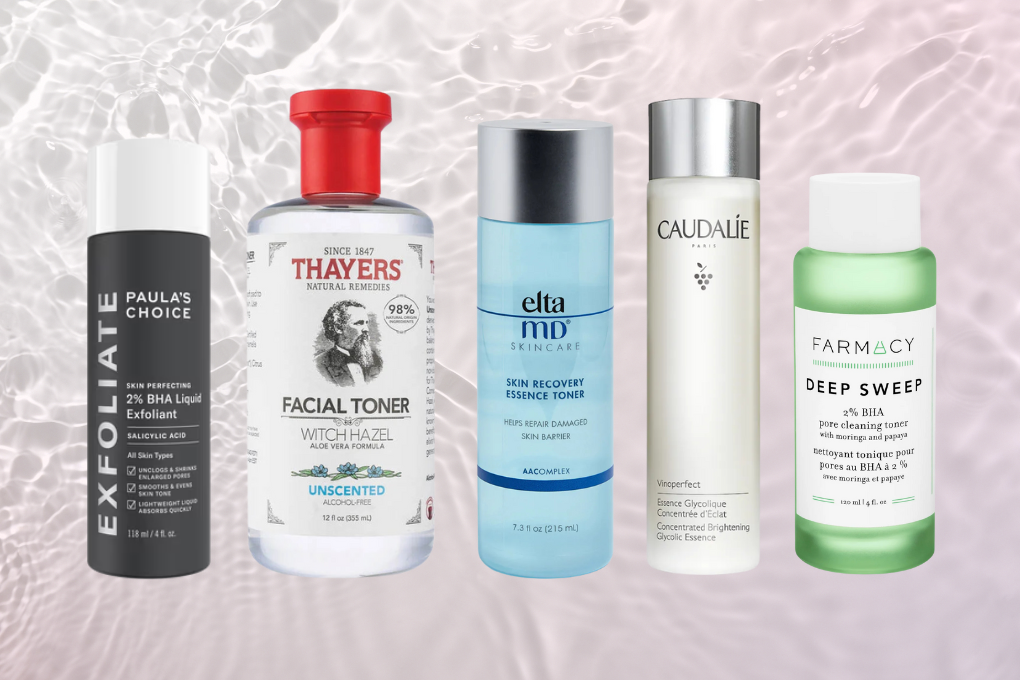- What is Spironolactone?
- What is Spironolactone Used For?
- What Does Spironolactone Do for Acne?
- Spironolactone Side Effects for Acne
- Spironolactone and Pregnancy
- Will Spironolactone Cause Weight Gain?
- Where Can I Get Spironolactone for Acne?
- How Long Does Spironolactone Take to Work for Acne?
- Spironolactone vs. Accutane
If you have been struggling with hormonal acne you know how impossible it can seem to find an acne treatment that works against the persistence of hormonal breakouts. Over-the-counter acne face washes and spot treatments often don’t seem to get to the root of hormonal acne, which can often be cystic and focused on the lower face and jaw.
While the use of oral spironolactone is starting to gain recognition as an effective option for managing hormonal acne, this medication remains less known than other acne treatments like antibiotics, retinoids, and Accutane. Keep reading to learn more about how spironolactone can help with hormonal acne that hasn’t responded to other treatments.
What is Spironolactone?
Spironolactone is an oral medication that is also known by its brand name Aldactone and is sometimes called “spiro” for short. It has been commonly used since it was approved by the U.S. Food and Drug Administration (FDA) back in 1960 as it was shown to be safe for long term use.
Spironolactone belongs to a class of drugs called potassium-sparing diuretics which means that, unlike other diuretics (also called water pills) that make you pee out both water and potassium, spironolactone helps you get rid of extra water without losing too much potassium from your body.
What is Spironolactone Used For?
Spironolactone’s primary medical use is as a diuretic for treating conditions such as fluid retention, heart failure, and high blood pressure because lowering the water in your body has been shown to lower blood pressure.
Spironolactone also has anti-androgenic properties, meaning it can block the effects of male hormones (androgens) in the body, which has led to its off-label use, meaning it is used for a condition other than its FDA-approved indications. In this case its anti-androgenic nature is used for conditions related to androgen activity such as treating hormonal acne in women, hirsutism (excessive hair growth on the body) in women, and female pattern hair loss.
What Does Spironolactone Do for Acne?
Spironolactone works on hormonal acne by blocking androgen receptors, which are to blame for stimulating the production of oil in the skin. Excessive oil production can contribute to the development of acne by clogging pores and creating an ideal environment for the growth of acne-causing bacteria.
By reducing androgen activity, spironolactone helps decrease sebum production, leading to an improvement in acne symptoms. This is why spironolactone is particularly beneficial for women whose acne is caused by hormonal imbalances, such as high levels of androgens (male hormones), which can occur during your menstrual cycle or in conditions such as polycystic ovary syndrome (PCOS).
Spironolactone Side Effects for Acne
Spironolactone, like any medication, can cause side effects. Some of the common side effects of spironolactone for acne include:
- Increased urination (needing to pee)
- Dehydration
- Low blood pressure
- Fatigue or weakness
- Increased potassium levels (hyperkalemia)
- Menstrual irregularities
- Breast tenderness or enlargement
- Gastrointestinal disturbances
- Headache
To avoid some of the spironolactone side effects such as dizziness, you can try taking your dose of spironolactone before bed so you sleep through it. However, depending on your dosage, your doctor might want you to split your prescription into two doses to take morning and night. You can also increase the amount of water you drink to avoid dehydration and its effects.
Spironolactone and Pregnancy
Spironolactone should not be used if you are pregnant or trying to get pregnant as the anti-androgenic properties that help with hormonal acne can cause harm to the fetus and interfere with normal hormone development.
Discuss with your doctor to find other treatment options for acne during pregnancy.
Will Spironolactone Cause Weight Gain?
Spironolactone may cause weight changes for some people, but it does not usually lead to significant weight gain. In fact, weight changes associated with spironolactone are more commonly seen as weight loss or weight maintenance rather than weight gain.
The diuretic effect of spironolactone can cause increased urination, which can result in a temporary loss of water weight. Some people may also experience a reduction in fluid retention, leading to a decrease in body weight
Where Can I Get Spironolactone for Acne?
Spironolactone is available by prescription only. Your doctor will review your medical history and other medications, and may want to do blood work to see if you are a good candidate for spironolactone.
Spironolactone dosage for acne can vary from 25mg to 200mg a day. Many doctors will start you at a lower dose and then increase it as long as you are tolerating it well.
How Long Does Spironolactone Take to Work for Acne?
Many people wonder “why am I still breaking out on spironolactone?” soon after starting the medication. The truth is that it takes a while to fully ramp up and show a positive effect on your skin. For some on spironolactone, your acne will get worse before it gets better.
In a recent study out of the UK, the differences in acne between the placebo and the spironolactone group was not very apparent after 12 weeks but then became noticeable at 24 weeks. So you should think of spironolactone as a longer term option that will take 3-5 months to have an effect. This is why spironolactone and tretinoin or other topical treatments are often prescribed together. Topical treatments like tretinoin can start the process of clearing your acne before the spironolactone fully kicks in.
Spironolactone vs. Accutane
You may be considering whether you should take spironolactone or Accutane (isotretinoin). Accutane is an oral retinoid medication prescribed for severe acne that has not responded to other treatments. Unlike spironolactone, Accutane works by reducing oil gland size and sebum production directly, as well as normalizing the shedding of skin cells.
In general, spironolactone is known to have fewer side effects than Accutane, but it will need to be taken long term to continue to prevent acne. By contrast, Accutane is taken as treatment for a set period of time that often leads to long term remission of acne. Spironolactone is effective against hormonal acne in women whereas Accutane can be used by both men and women.
Ultimately, the choice between spironolactone and Accutane depends on your acne type, severity, medical history, and preferences. A dermatologist can provide personalized guidance on the best treatment option.
Hormonal acne is a different beast that can be particularly frustrating to try to manage as an adult when it feels like you should have outgrown it. If you suspect you have hormonal acne and it hasn’t responded well to other treatments then spironolactone might be the solution you’ve been looking for.





